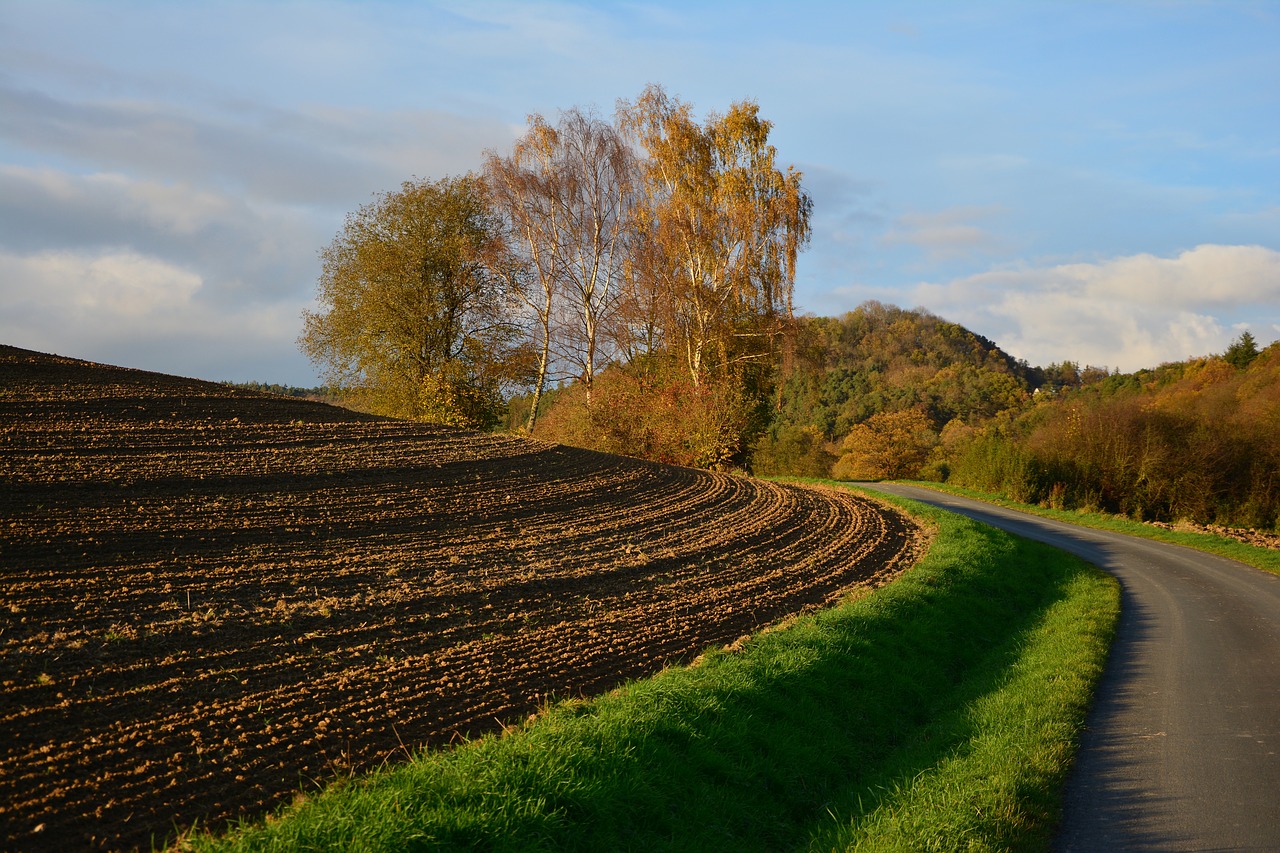ENVIRONMENTAL CONSIDERATIONS WHEN BUYING LAND
Before you decide to buy the land you've set your eyes on, it's important to go through a couple of environmental considerations first. For example, the land may be contaminated, which makes a negative impact on its overall value. Not only that, you also may be held liable for it and have to clean up the problem afterwards, even if you weren't the one who caused it. Even if you are not dealing with contamination, there are other factors to be considered, some of which we'll cover today.
The questions you should ask the seller before buying
The first question should be of general nature. Simply ask the seller whether the land has any environmental problems. The seller, by law, is required to answer in a manner that is truthful and honest, otherwise they can be charged with fraud. If the answer is a "no", the seller may legitimately not be aware of them, so at this point, you shouldn't drop down your guard quite yet. If the answer is a "yes", it goes without saying that further questions are necessary.
You should be especially careful if the land you're planning to buy belongs to a farm property. Ask the owner how they dispose of agricultural materials, as well as questions pertaining to their storage and use.
Visual inspection of the property
The next logical step is to inspect the land for yourself. Be on the lookout for any abnormalities like dead areas of vegetation, signs of pollution, unusual smells, and anything else you might consider suspicious. If you really want the property, but you just can't shake off the feeling that something is amiss, you can also consider hiring an expert to do the professional evaluation for you (at this point, an environmental audit will be performed, measuring the soil and water quality). If not, it may be better to simply find another suitable property.
Individual environmental factors to be considered
To be more specific when making land-related environmental considerations, here are the categories which you should promptly examine before getting serious with the purchase:
1. Contamination
If the soil or water is contaminated by pesticides, manure, or gasoline, you may be facing a whole lot of trouble if you become the new owner, and may be required to decontaminate it by the authorities. If the land is used for mixing dangerous chemicals or other types of factory work or manufacture, you need to be careful as well. If there are any underground storage tanks or leaking pipes nearby, that's another reason for you to remain vigilant.
2. Wetlands
Wetlands are areas with a high saturation of water (seasonal saturation counts too). Since certain ecosystems may be present there, land owners are often limited how they can use the land after purchase. Generally speaking, if a land falls under this category, its overall value is significantly lowered.
3. Flood zones
Make sure the vacant land you’re about to purchase isn’t a flood zone by checking the FEMA flood zone maps, as this may introduce more trouble than it’s worth dealing with, even if the problem is seasonal. It may have a high water table or be classified as a swamp land, etc., so make sure to double-check everything.
4. Endangered species
If you’re not sure whether there are any endangered species in the area, make sure to check the map released by the U.S. Fish and Wildlife Service. If you’ve established that this is the case, you may be facing certain limitations regarding the use of the new land. For example, you may be required to maintain a certain level of distance between the endangered habitat and a new construction. However, this may also be a good thing, since the government often offers loan programs geared towards the protection of endangered species.
5. Taxes
In a typical scenario, you can expect to pay a tax that’s cca. 1-4% of the property’s market value. Sometimes the tax can be absurdly high, so it’s important to check this before deciding on a purchase, especially if you’re planning to hold onto the property for a longer period of time.
6. Public utility access
Are there public utilities nearby like gas, power, internet, and water? Depending on the area you’re targeting, some of these may not even be the norm, but in certain cases, not having some of these can be an absolute deal-breaker. In any case, the more of these you get access to, the better.
7. Legal access to the land
It’s easy to overlook this step, but you need to make sure that other privately-owned land isn’t obstructing your access to the area. Even if this turns out to be the case, the issue can be resolved by the owner giving you legal access to it through their own land (however, chances are it won’t be free).
Conclusion
Buying land is a complicated process, so you should take all the time you need before deciding to move forward with the purchase. After all, buying land can incur some hefty fees, which is all the more reason to be careful and doing your due diligence.



Leave a Comment
Your email address will not be published. Required fields are marked *